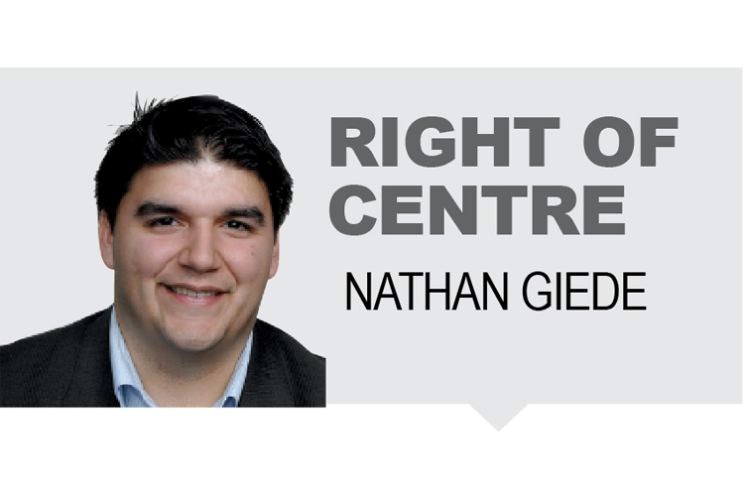With Boris Johnson now Prime Minister of the United Kingdom and U.S. President Donald Trump's tweets goading his innumerable enemies towards tactical missteps that will certainly hand the Donald four more years at 1600 Pennsylvania Ave., many have asked me how we got here and where it is all going.
"Tis no sin for man to labour in his vocation," as Falstaff reminds us; ergo a history lesson, as well as brief exercises in being a Cassandra, are now quite overdue.
In 2008, large U.S. banks involved in subprime mortgages began to default. The ensuing market panic was so severe, it caused a decade of anemic growth and crippled the currency of an entirely separate continent. Then commodities dived in 2014, adding to the slowdown. By spring 2016, America's deficit had doubled, Europeans had tired of Brussels, and the Post-War Order had been treated with open contempt from Benghazi to Tehran, from Kiev to Pyongyang.
In the West, a therapeutic and managerial state, along with neoliberal-Keynesian policies, staved off the conditions which once led to the Second World War. But that was cold comfort to civilians in North Africa, the Levant, the Steppes, the Gobi Desert, or the Burma Highlands, as non-state actors, and emboldened regimes, began to commit acts of genocide and terror. Our democracies were impotent spectators, drawing red lines but not enforcing them when crossed.
A migrant crisis ensued, with stagnant wages, the continued Xeroxing of musculature labour, a glass ceiling for newcomers to the job or housing markets, and wars that had not been won after decades, combining to create the precise conditions for a perfect storm: populism.
There were birth pains for years. While the Arab Spring was not successful, defaulting Eurozone countries have continued to spurn the EU with populist parties, left and right. New strongmen have appeared in Turkey, China, India, and even Japan in response to instability. By the time the Anglosphere joined in with the vote to leave Europe, and the 2016 presidential race, it was clear the paradigm had shifted, fueled by citizens and factions against the status quo.
The reaction to this in the West has been extraordinary: bureaucrats, commissioners, elected officials, media personalities, and movie stars have unapologetically attempted to stymie the change voters demanded by disregarding the electoral process, or fighting rearguard actions designed to exhaust their opponents into submission. What the "elites" don't seem to realize is that this provides more resources and people for those insurgent pugilists leading the charge.
Outside the West, conditions have gotten worse, as formerly moderate but undemocratic countries have become even more tyrannical, or descended into bloody civil wars. Third World citizens today have only two choices in life - is Interwar Soviet Russia or Spain more tolerable?
What about the future and is there any hope?
A realignment in coalitions and national borders is all but inevitable: see Crimea, or recall Middle Eastern lines were drawn in a colonial office circa 1919. Samuel P. Huntington's Clash of Civilizations clarifies these issues well.
As to Trump, BoJo, and the West, 150 years of centralizing power will have to reverse or be greatly relaxed in order for old nations to survive. Populism, regardless of ideological colour, is a symptom of no longer believing the government listens. It has become endemic throughout liberal-democracies as unaccountable rulers with quasi-judicial powers gain ever more control of daily life, all while infrastructure or institutions rot, and costs rise steeply for the average family.
To be clear, there are moderate ways forward if the people are made the first priority. But until elites and radicals stop advocating issues or defending stances that have less than 51 per cent support, populism and strongmen tactics will continue to be a winning strategy across the globe.



